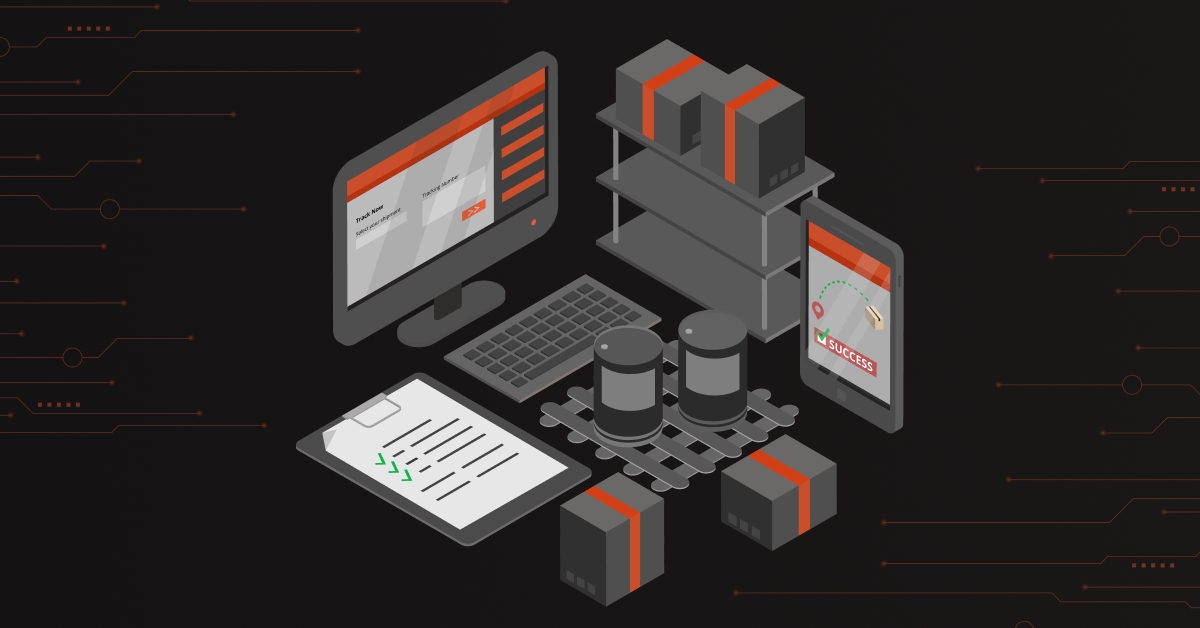Data integration is the process of gathering information from different sources and combining it into a unified format. Vendors or companies responsible for this are called data integration consultants. They specialize in organizing and transforming disparate data from various sources to make it easier to use and understand.
Contents
How Data Integration Consultants Help
Data integration consultants may help with a range of services, including:
- Data Assessment: Assessing an organization’s current data infrastructure, data analysis, identifying data sources, and evaluating their compatibility for integration.
- Strategy Development: Developing data strategies for integration tailored to the specific needs and objectives of the organization.
- Software Selection: Recommending and implementing appropriate data integration tools and technologies based on the organization’s requirements.
- Implementation: Overseeing the implementation of data integration solutions, including configuring software, migrating data, and ensuring compatibility with existing systems.
- Data Quality Assurance: Establishing processes for data cleansing, validation, and quality control to maintain the accuracy and reliability of integrated data.
- Training and Support: Providing guidance, training and ongoing support to users and administrators to ensure they can effectively utilize and maintain the integrated data systems for business success.
What to Look for in a Data Integration Consultant
Consider these key points when selecting an integration partner for your business:
1. Technical Expertise and Proven Years of Experience
- Seek partners with a successful track record in integrations.
- Look for extensive experience with your software and required technical skills.
- Assess collaboration with Value Added Resellers (VARs) for enhanced familiarity.
2. Industry Understanding and Adaptability
- Choose partners with broad industry knowledge and adaptability.
- Ensure thorough discovery to address specific niche requirements effectively.
3. Tailored Solutions
- Prioritize partners offering customizable solutions.
- Avoid rigid solutions; opt for flexibility to accommodate future changes.
- Consider the adaptability of the solution and ease of making modifications.
4. Technological Alignment and Scalability
- Ensure alignment of technology stack with your systems and future goals.
- Verify compatibility and scalability, especially for custom development.
5. Transparent Communication and Collaboration
- Emphasize effective and transparent communication throughout the project.
- Ensure active collaboration during all phases, particularly in design and scoping.
6. Structured Project Management
- Look for partners with clear project plans, milestones, and issue-resolution processes.
- Consider the use of collaborative project management tools for transparency.
7. Reliable Support and Maintenance
- Prioritize partners offering reliable post-implementation support.
- Assess support location and language barriers to ensure efficient response times.
8. Scalability and Future Preparedness
- Select partners capable of accommodating future expansions and technological advancements.
9. Value-driven Cost and ROI
- Focus on the overall return on investment (ROI) rather than just cost.
- Look for partners that streamline business processes, increase operational efficiency, and drive revenue growth.
10. Robust Security and Data Privacy Measures
- Ensure partners follow robust security practices and comply with big data privacy regulations.
- Evaluate hosting arrangements and address any security concerns proactively.
11. Innovative Problem-solving Approach
- Seek partners known for innovative problem-solving and bringing fresh ideas to the table.
12. Empowering Training and Knowledge Transfer
- Prioritize partners that empower your team with the necessary skills for managing integrated systems.
- Assess ease of software use and knowledge transfer during the sales process.
Get Expert Consultation from DCKAP – Perfect for Distributors
You’ve got tons of data scattered across different systems, and you want to bring it all together seamlessly. Sounds like a headache, right? But imagine having a team of experts to guide you through the process, making it seamless and stress-free.
Here’s how we can help:
Personalized Guidance
We listen carefully to your unique requirements and challenges. There’s no one-size-fits-all approach here – we customize our recommendations to suit your individual needs.
Expert Advice
With years of industry experience, the team brings extensive knowledge and expertise to the table. Whether you’re grappling with data integration, automation, or any other aspect of your business, we’re here to provide the guidance you need.
Seamless Integration
Integrating new technology into your existing systems may seem daunting, but the team is here to ensure a smooth transition. We’ll walk you through the process step by step, making sure everything fits together seamlessly.
Ongoing Support
Our commitment to your success doesn’t end after the consultation. We offer ongoing support and guidance to help you maximize the benefits of DCKAP Integrator, ensuring that you achieve your business goals.
Product – DCKAP Integrator
DCKAP Integrator is a cloud – based comprehensive iPaaS Solution. The integrator offers a flexible degree of customization to help manage and automate data within your business. The DCKAP Integrator is designed to make integration easier for distributors. This advanced platform offers complete ERP integration services to deliver quick results. Some of the top features include:
- Multi-platform integration
- Real-time data synchronization
- Plug & play integration
- Advanced flow builder
- Advanced mapping & modifiers
- Detailed transaction logging
- And much more
So, why wait? Schedule your consultation today and take the first step towards optimizing your operations and driving growth for your business.
FAQS
What is a data integration consultant?
A data integration consultant is a professional or a team of experts who specialize in helping businesses bring together data from different sources and systems to create a unified and usable dataset. Data integration consulting involves trusted advisors helping businesses streamline their data processes by integrating data from different sources, ensuring compatibility, and optimizing data workflows. They enable data-driven decision-making by providing businesses with access to integrated, high-quality data that can be analyzed to derive actionable insights leading to better decision-making.
What are data integration services?
Data integration services refer to the range of services offered by data integration consultants or companies to help businesses streamline their data processes, including data consolidation, synchronization, migration, and transformation.
Who performs data integrations?
Data integrations are typically performed by data integration consultants, IT professionals, or specialized teams within organizations who have the expertise and knowledge to manage and execute integration projects.
What is the difference between Data integration and ETL?
Data integration involves combining data from different sources and systems to create a unified view, while ETL (Extract, Transform, Load) is a specific process within data integration that involves extracting data from various sources, transforming it into a usable format, and loading it into a target system.
What is ETL data integration?
ETL data integration is a specific approach to data integration that involves extracting data from various sources, transforming it to fit operational needs or a specific data model, and loading it into a target system for analysis or reporting purposes.
What services do data integration consultants offer to clients?
Data integration consultants offer a range of services, including data migration, transformation, and exchange solutions tailored to meet the specific needs of their clients. They also provide expertise in data warehousing and help customers gain a competitive edge through the effective utilization of their data.
What are the best practices for data integration?
Best practices for data integration include thorough data analytics, using standardized formats, establishing clear data governance policies, ensuring data quality, and regular monitoring and maintenance.
How do data integration consultants handle data transformation?
Data integration consultants handle data transformation by converting data from various sources into a unified format, enabling easy analysis, and utilization across different systems and applications. It facilitates the data exchange between different systems, enabling real-time access to information and enhancing operational efficiency.




